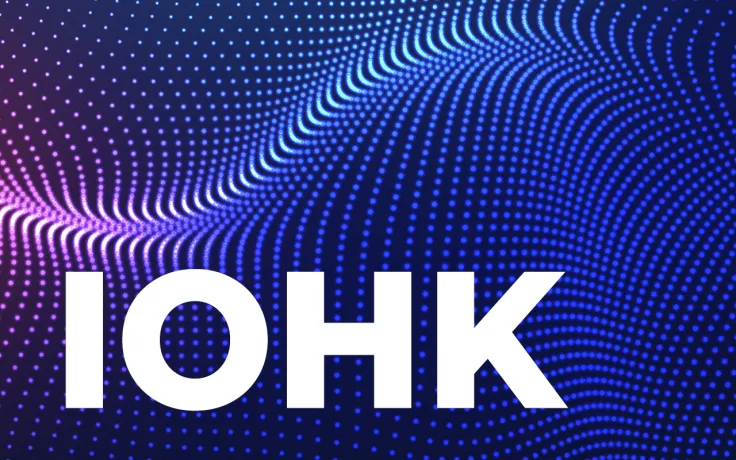
Disclaimer: The opinions expressed by our writers are their own and do not represent the views of U.Today. The financial and market information provided on U.Today is intended for informational purposes only. U.Today is not liable for any financial losses incurred while trading cryptocurrencies. Conduct your own research by contacting financial experts before making any investment decisions. We believe that all content is accurate as of the date of publication, but certain offers mentioned may no longer be available.
Cardano and its smart contracts platform, Plutus, are set to undergo significant enhancements in June's hard fork. In light of this, Cardano's parent company, IOHK, shares a technical briefing, explaining the nitty-gritty details of Plutus and interaction with smart contracts using Plutus Core scripts.
#Cardano & its smart contract platform, #Plutus, are set to undergo significant enhancements in June’s HF.
— Input Output (@InputOutputHK) April 21, 2022
This series of threads on @JohnAlanWoods’s Plutus explainer will help you understand:
Plutus Core
EUTXO
CIPs & improvements
Determinism, parallelism & concurrency
?⤵️ pic.twitter.com/6nDi5vQJSb
Explaining in a thread of tweets, Plutus Core is Cardano's native smart contract language that provides a safe programming environment to create scripts with Haskell.
Plutus Core scripts enable the creation of dApps and multi-asset support on the blockchain (i.e., anyone can create their tokens). Interacting with a Plutus contract differs from interacting with an Ethereum contract as Plutus Core scripts do not go on-chain until used in a transaction.
Founder Charles Hoskinson recently expressed positive expectations that the upcoming Vasil Hard Fork upgrade in June might provide a "massive performance improvement to Cardano" and its smart contract capabilities. The Vasil hard fork is scheduled for June 29 and aims to improve smart contracts capabilities and the user experience for Cardano developers, once implemented.
Interoperability on the Cardano blockchain
As previously covered by U.Today, the AGIX ERC-20 Converter Bride, which was developed in collaboration with SingularityNET, went live this week, and it enables users to bridge over Ethereum-based ERC-20 tokens for use on Cardano, with the network's DeFi sector expected to be a significant beneficiary.
Cardano also reports another step in interoperability as Cardano-based assets can now move between chains seamlessly. Milkomeda has announced a recent update that enables the transfer of assets to Cardano from Milkomeda C1. This includes stablecoins like USDC and USDT.
In recent updates shared by IOHK, there are nearly 900 projects in development on the network. The figure has grown by roughly 400 since March, after IOHK Vice President Tim Harrison shared that the total stood at around 500.
 Dan Burgin
Dan Burgin Vladislav Sopov
Vladislav Sopov